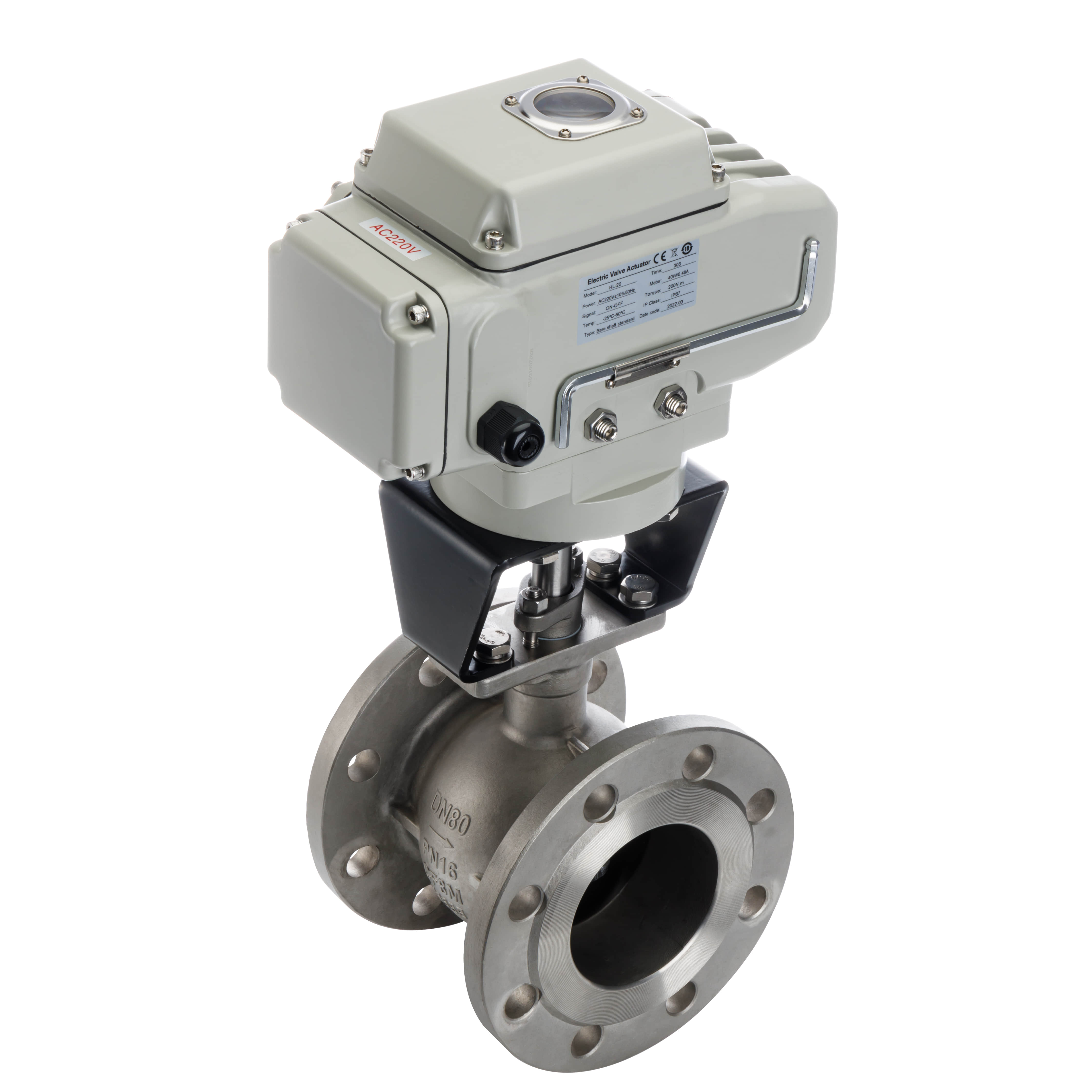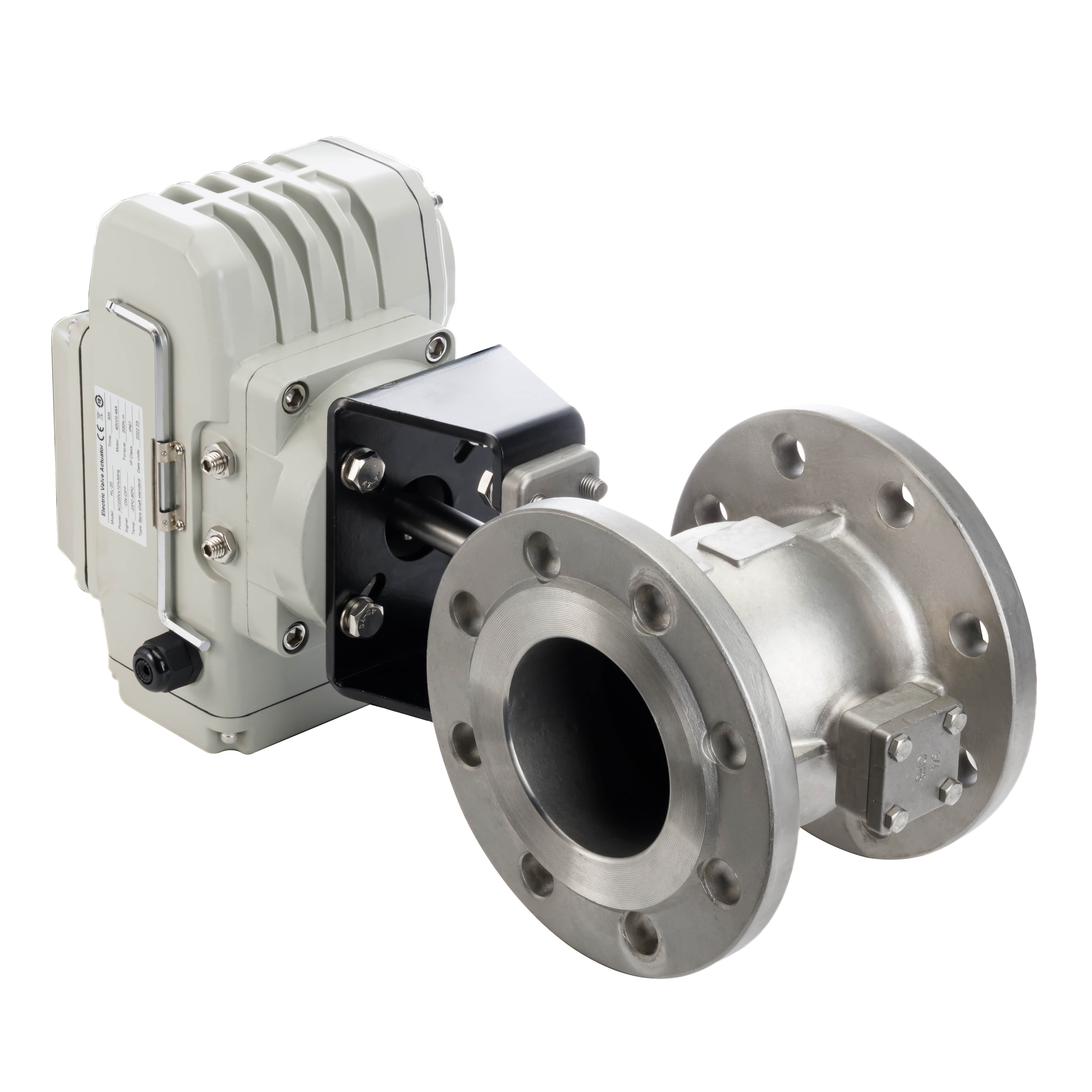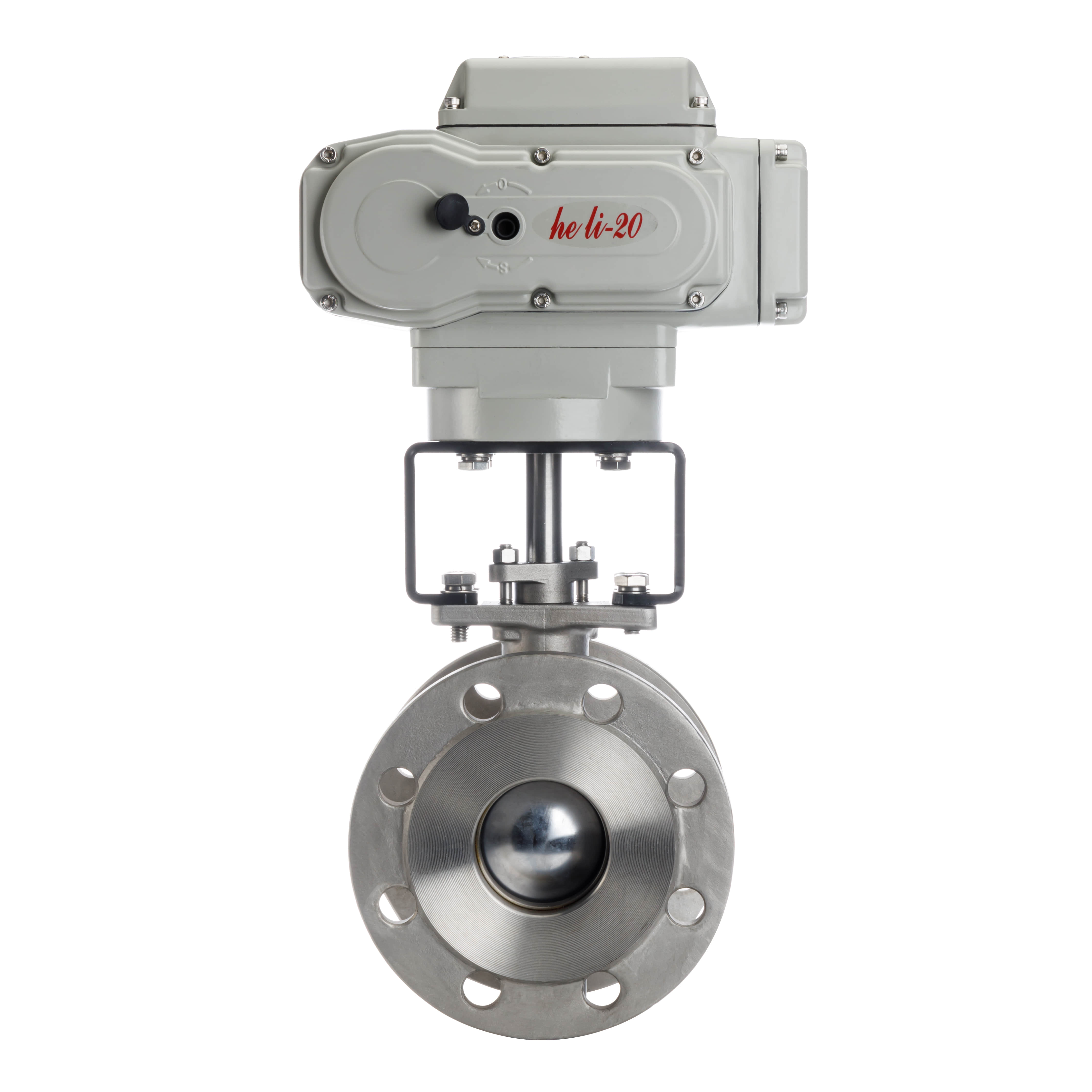understanding electric v-ball valves: functionality, applications, and advantages
Release time:2024-12-09 14:06:31
Electric V-ball valves are increasingly gaining popularity in various industrial applications due to their unique design and functionality. These valves are essential components in controlling the flow of liquids and gases within a system. With their electric actuators and V-shaped ball design, they offer precision and reliability, making them ideal for a wide range of industries. In this article, we will explore the key features, applications, and advantages of Electric V-ball valves.

What is an Electric V-Ball Valve?

An Electric V-ball valve is a type of quarter-turn valve that uses a V-shaped ball as the closing element. The ball features a V-shaped notch that allows for precise control over flow rates, making it suitable for throttling applications. The electric actuator connected to the valve allows for remote control and automation, providing significant advantages in terms of operational efficiency. Components of Electric V-Ball Valves
Electric V-ball valves consist of several key components:




